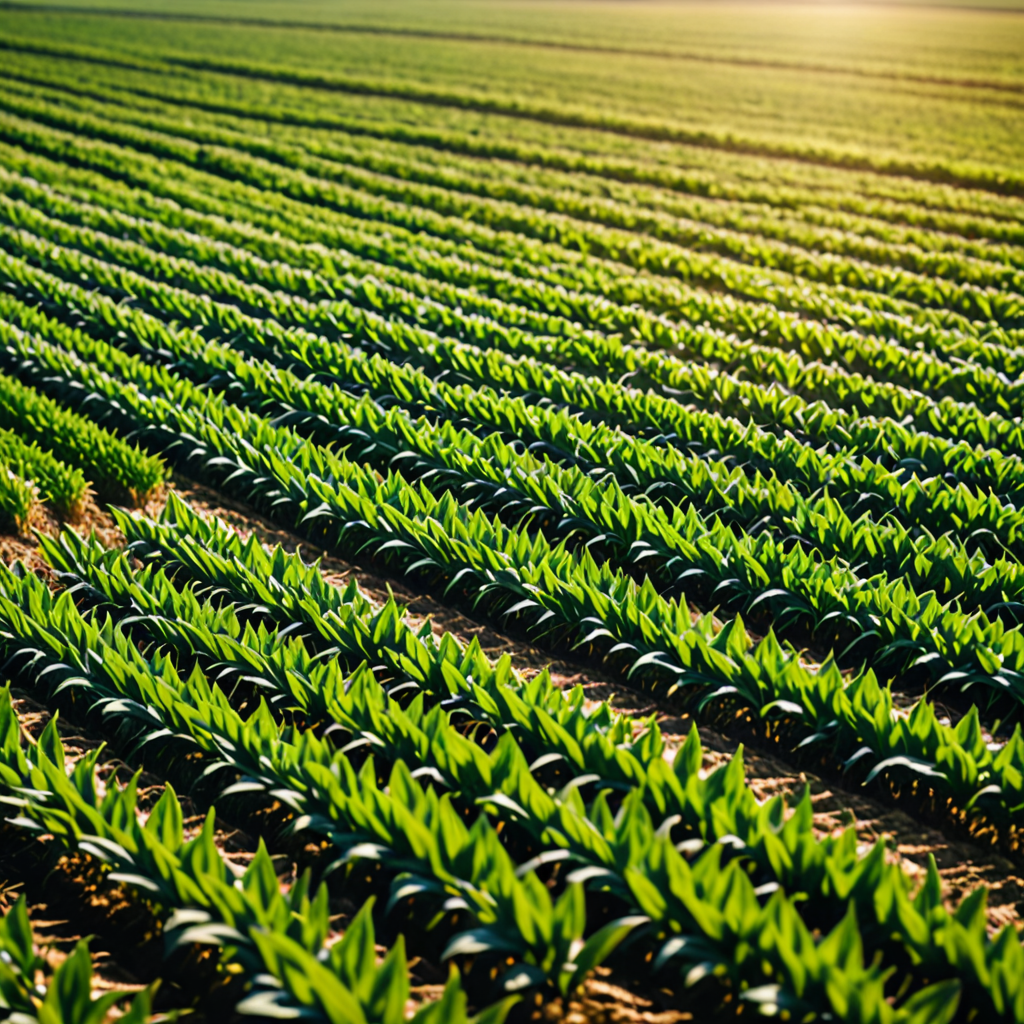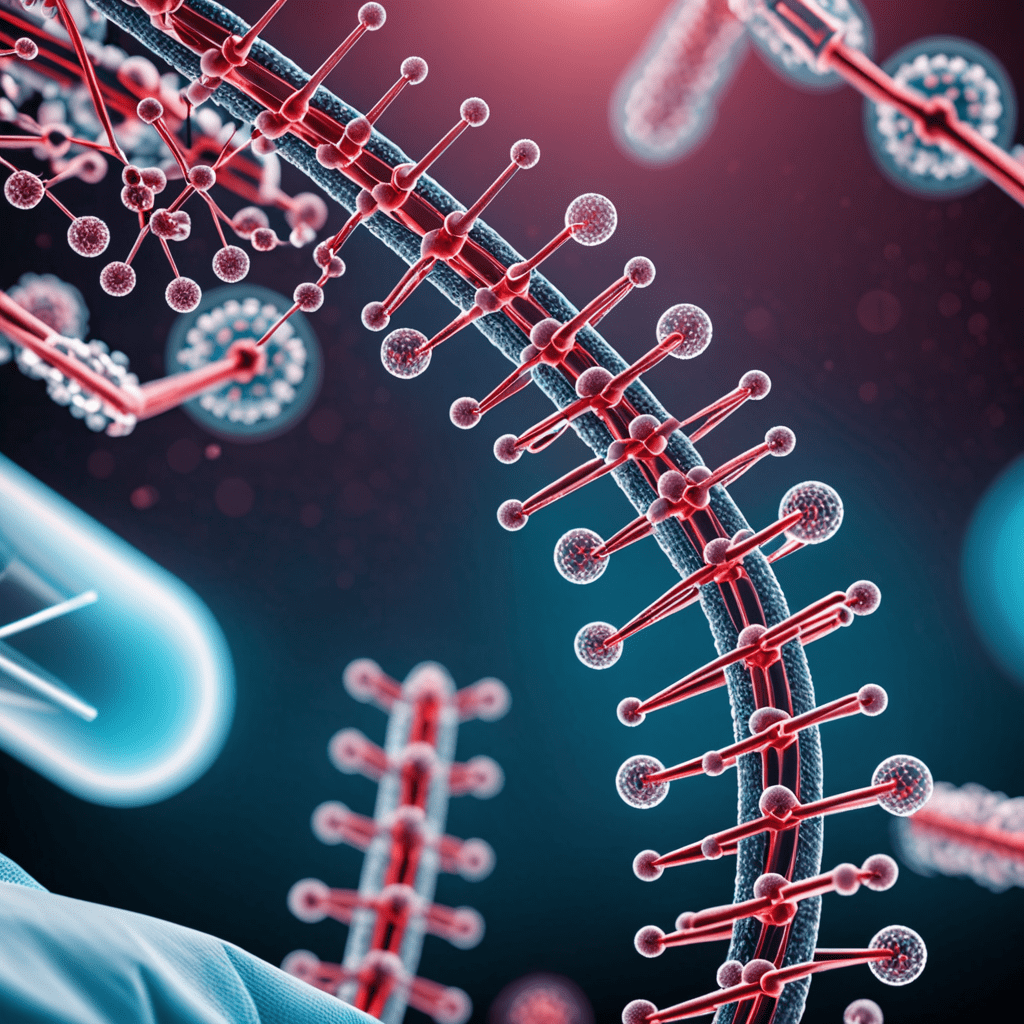
Nanotechnology in Smart Agriculture: Precision Farming Techniques
Introduction
Nanotechnology is revolutionizing smart agriculture through precision farming techniques. By harnessing the power of nanotechnology, farmers can optimize crop production, minimize waste, and improve sustainability in agriculture.
Understanding Nanotechnology in Agriculture
Nanotechnology involves manipulating materials at the nanoscale, typically ranging from 1 to 100 nanometers. In agriculture, nanotechnology enables the development of nanomaterials and nanodevices that can enhance plant growth, monitor soil conditions, and deliver nutrients more efficiently.
Applications of Nanotechnology in Smart Agriculture
1. **Nano-pesticides and Nano-fertilizers**: Nano-formulations of pesticides and fertilizers improve targeted delivery, reducing the amount needed and minimizing environmental impact.
2. **Nanobiosensors**: These sensors detect soil nutrients, moisture levels, and plant diseases with high sensitivity, enabling proactive management practices.
3. **Nanocarriers for Drug Delivery**: Nanoparticles deliver precise amounts of nutrients and agrochemicals directly to plants, improving uptake efficiency.
Benefits of Precision Farming Techniques
1. **Enhanced Crop Yields**: Precise nutrient delivery and pest control lead to increased yields and improved crop quality.
2. **Resource Efficiency**: By targeting inputs only where needed, farmers reduce waste and conserve resources like water and fertilizers.
3. **Environmental Sustainability**: Precision farming minimizes the environmental impact of agriculture by reducing chemical leaching and runoff.
Challenges and Future Perspectives
While nanotechnology offers significant benefits to smart agriculture, challenges remain, including regulatory concerns, cost-effectiveness, and potential environmental risks. Looking ahead, continued research and collaboration will be key to unlocking the full potential of nanotechnology in agriculture.
Conclusion
Nanotechnology is reshaping the agricultural landscape by enabling precise, efficient, and sustainable farming practices. Embracing nanotechnology in smart agriculture not only enhances productivity but also promotes environmental stewardship, ensuring a greener future for agriculture.
FAQs about Nanotechnology in Smart Agriculture
What is Nanotechnology in Smart Agriculture?
Nanotechnology in Smart Agriculture involves utilizing nanoscale materials and devices to enhance agricultural practices, leading to precision farming techniques that optimize resource efficiency and crop productivity.
How does Nanotechnology benefit Precision Farming?
Nanotechnology aids in precision farming by enabling targeted delivery of nutrients and pesticides, monitoring soil conditions at a micro-level, and enhancing crop resistance to diseases and environmental stressors.
What are some examples of Nanotechnology applications in Agriculture?
Examples include nano-fertilizers for controlled release of nutrients, nanosensors for real-time monitoring of crop health, and nanopesticides for effective pest management without harming beneficial organisms.
Is Nanotechnology safe for Agricultural use?
Extensive research is ongoing to ensure the safety of nanotechnology in agriculture. Regulatory bodies worldwide are working to establish guidelines for the responsible use of nanomaterials in farming to minimize potential risks to human health and the environment.


